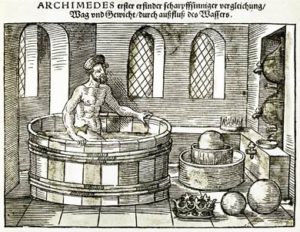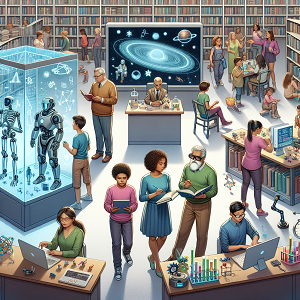The first time I heard of the word was during a business Orientation program by the CEO of tantalizer. Since then, I had thought of writing something relating to the ‘ three princes of serendip’ who were always making discoveries by accident. The accident that led to discovery of penicillin is commonly mentioned in the field of medicine, The most common accidental discovery in the history of science is perhaps the chance observation that sent Archimedes running naked through the streets of Syracuse, shouting eureka. What he found is a method to detect fraud in the manufacture of a golden crown. Thousands of years after, science is filled with many accidental discoveries that have changed our understanding of things around us. Newton’s discovery of gravity after getting dinged on the head by apple, the forming of molecular architecture from dreams by Kekule and so on.

Each time I read about serendipity discoveries, I reflect on the common attitude shared by these people who turned accidents into discoveries. The major is curiosity- they were curios to understand the ‘accident’ that happened. They observed a phenomenon that was unexpected, and they took note of it rather than dismiss it as trivial or annoying. No wonder Pasteur said “In the field of observation, chance favours only the prepared mind “. But how can a prepared mind in the context of Pasteur’s quote be acquired? It is only through careful and intensive study, curiosity and being observant because it is sure that accidents will continue to happen and with our mind better prepared than ever before, we can expect those accidents to be turned into discoveries, marvelous beyond our imagination, through serendipity.


